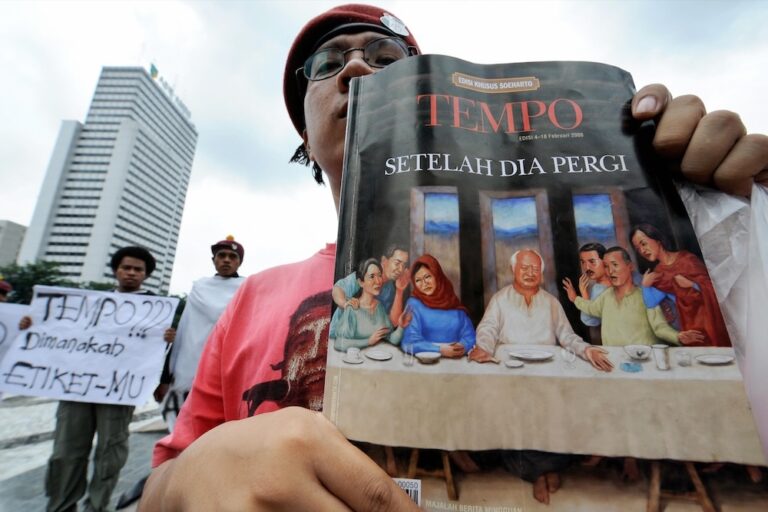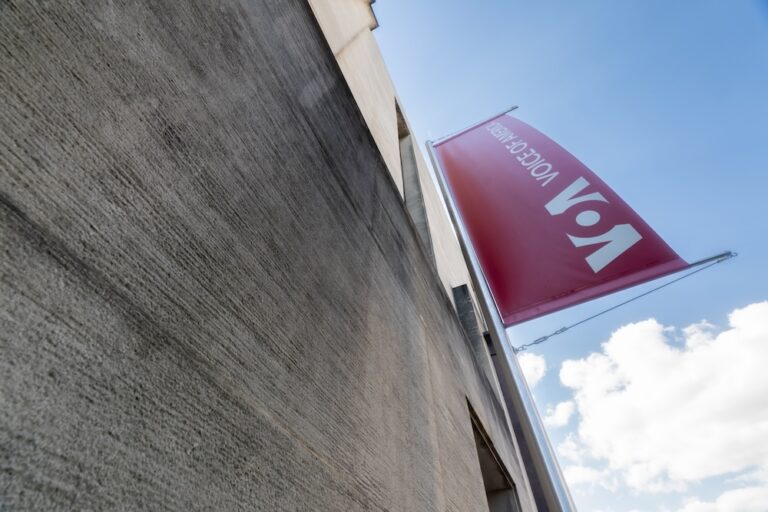The blasphemy law has been used to prosecute and imprison members of religious minorities and of traditional religions.
This statement was originally published on hrw.org on 21 November 2016.
Blasphemy charges recently brought against the governor of Indonesia’s capital city have sparked renewed calls for the repeal of the abusive law.
Jakarta Governor Basuki “Ahok” Tjahaja Purnama, a Christian, was charged on November 16, 2016 in connection with a reference he made to a Quranic verse in late September. The Indonesia Legal Aid Foundation reiterated a call by Indonesian human rights activists for the repeal of the blasphemy law because of the threat it poses to the country’s religious minorities.
Indonesia’s blasphemy law, article 156a of the Indonesian criminal code, punishes deviations from the central tenets of the six officially recognized religions with up to five years in prison. The blasphemy law has been used to prosecute and imprison members of religious minorities and of traditional religions. Recent targets of the blasphemy law include three former leaders of the Gafatar religious community following the violent forced eviction of more than 7,000 members of the group from their homes on Kalimantan island earlier this year.
The blasphemy law also has been used as the legal basis for a number of government regulations that facilitate official discrimination on the basis of religion. These include a June 2008 government decree that ordered members of the Ahmadiyah religious community to cease all public religious activities on the grounds that they deviated from the principal teachings of Islam and threatened violators with up to five years in prison.
President Joko “Jokowi” Widodo should take seriously his pledge to promote religious pluralism in Indonesia and work to have this law and others like it taken off the books.



